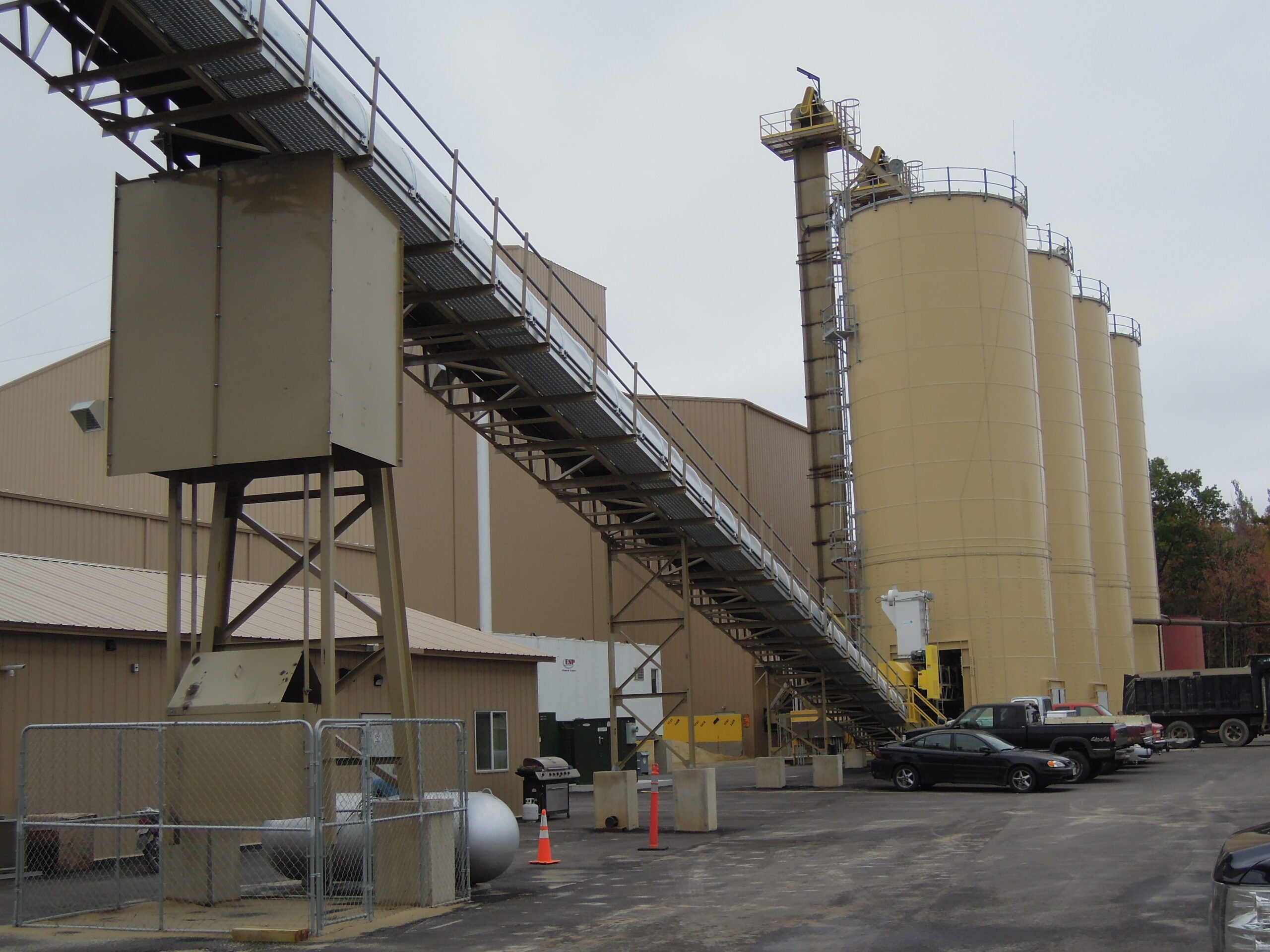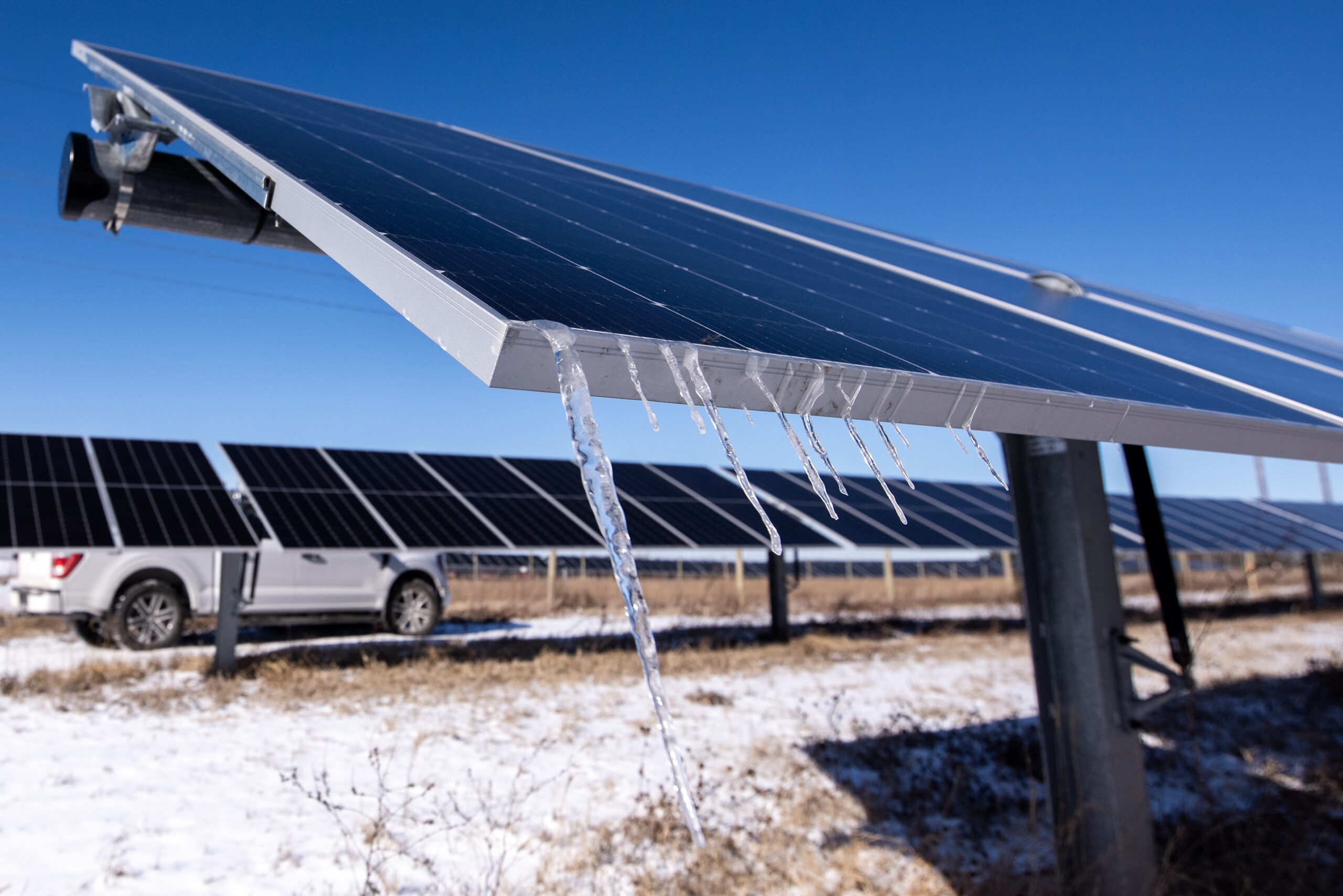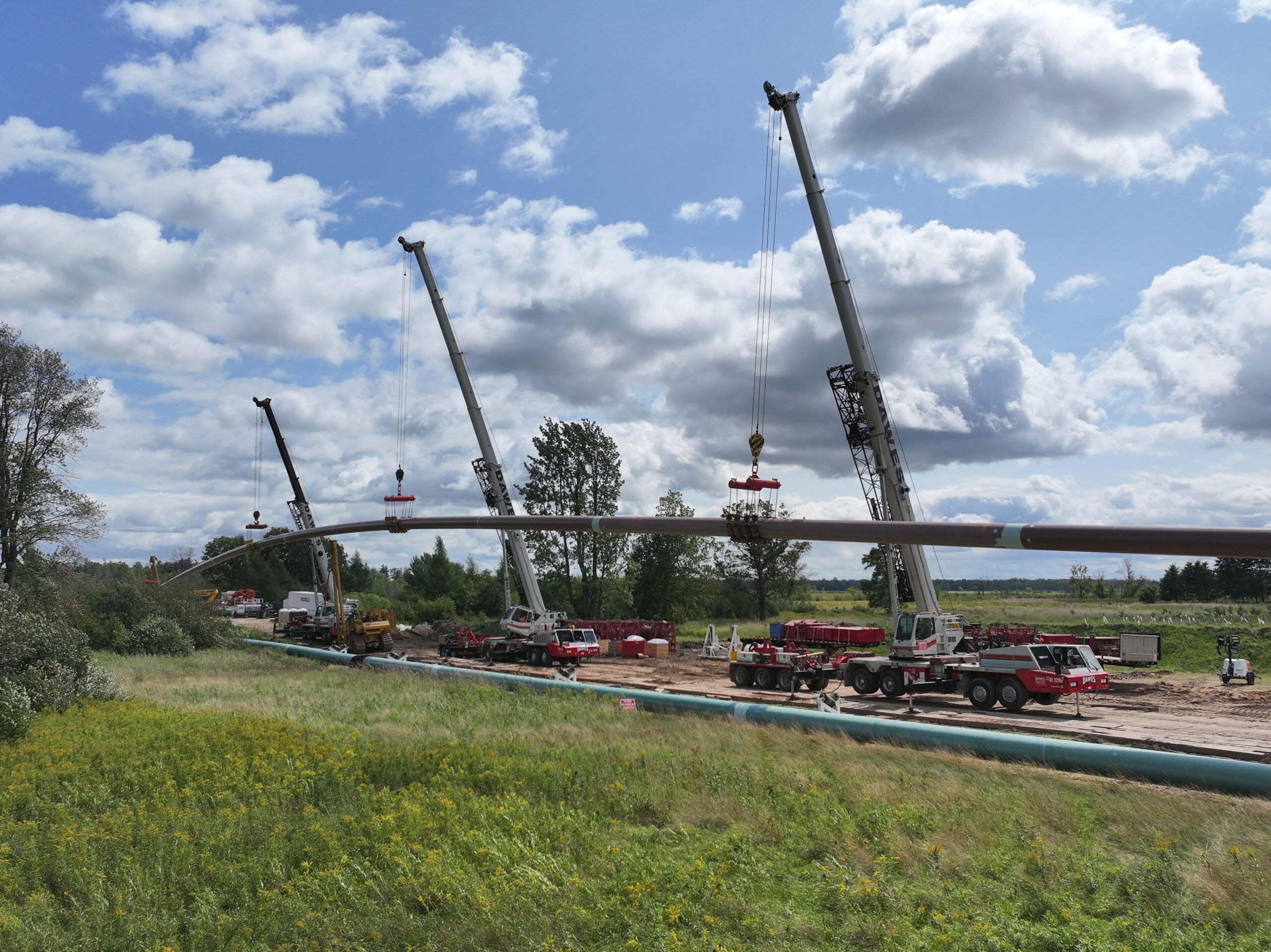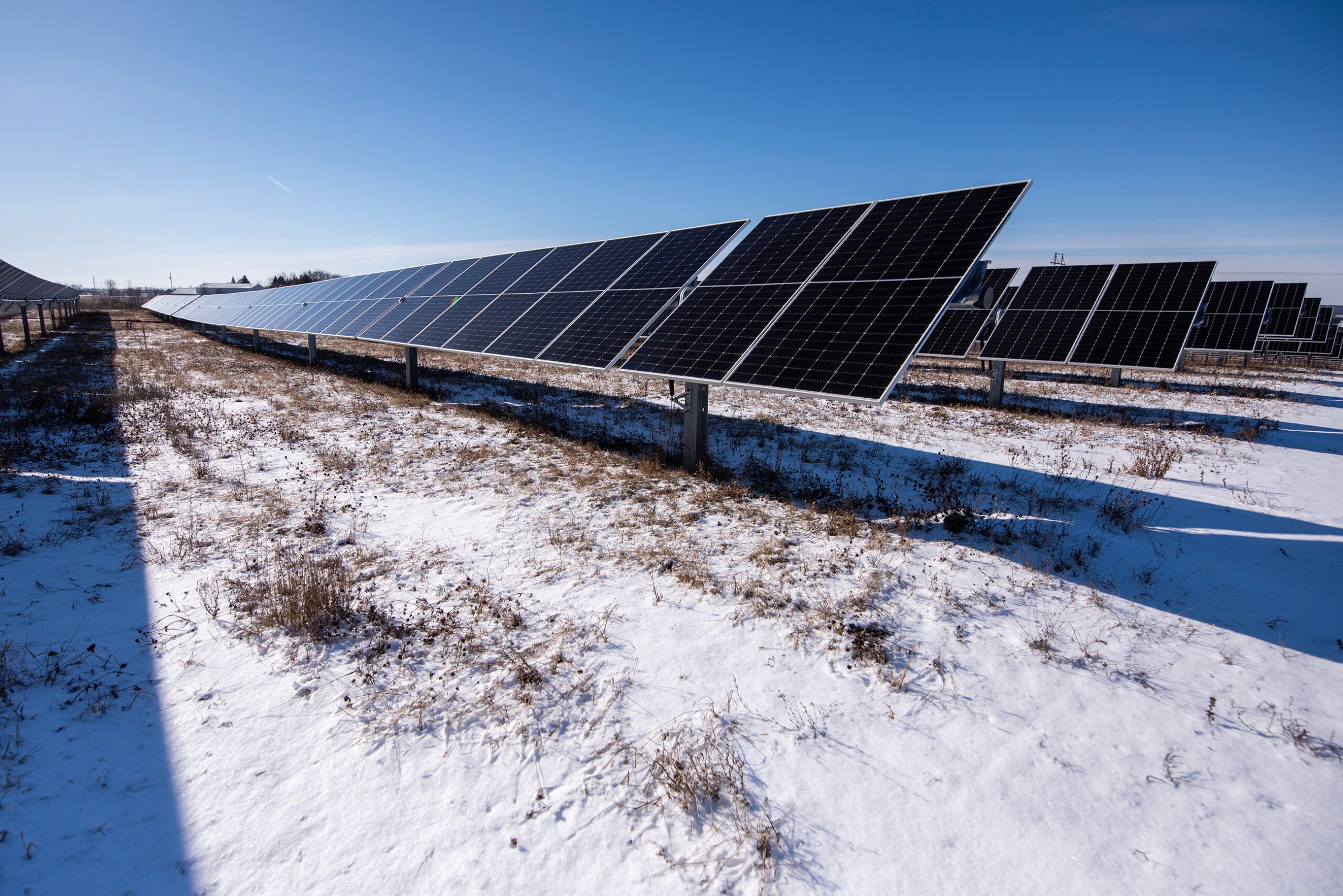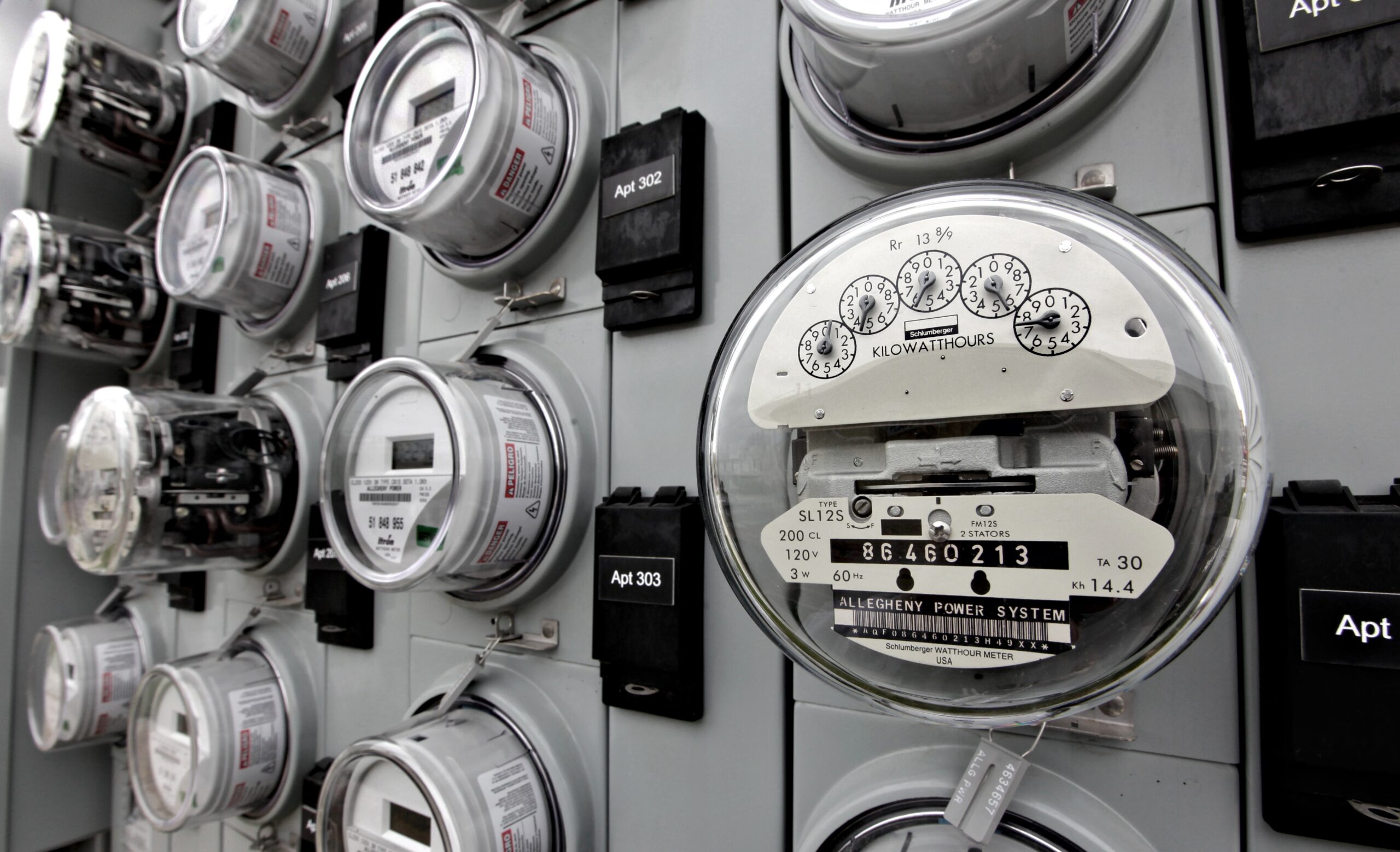A major frac sand mining company with operations in Wisconsin is facing bankruptcy while an industry analyst says up to 75 percent of mines in Wisconsin that supply oil and gas producers might have to close due to an ongoing oversupply of sand.
Emerge Energy Services LP, which owns Superior Silica Sands, entered into a debt restructuring agreement with its lenders in April. The deal would clear Emerge Energy’s debt obligations while making lenders the new majority shareholders of the company, according to a filing with the federal Securities and Exchange Commission.
Superior Silica Sands has mines in Chippewa and Barron Counties. CEO Rick Shearer said in an email that it would be premature to comment on the deal and that the restructuring negotiations with lenders are ongoing. If an out-of-court restructuring settlement isn’t struck, Emerge Energy would file for Chapter 11 bankruptcy.
News with a little more humanity
WPR’s “Wisconsin Today” newsletter keeps you connected to the state you love without feeling overwhelmed. No paywall. No agenda. No corporate filter.
News of the restructuring agreement hit Emerge Energy stocks hard on April 22. The company was trading at 0.27 cents per share as of 1 p.m. on Friday. Emerge’s stock price hit its highest point at the height of Wisconsin’s frac sand boom in August 2014, when shares were worth $144.17 each.
Samir Nangia, the director of energy consulting at analytics firm IHS Markit, said the main driver of financial woes for Wisconsin-based mines is a nationwide oversupply of sand. In the past year and a half, Nangia said frac sand companies have built up more than a dozen mines in west Texas and Oklahoma, which are near some of the nation’s busiest oilfields. He said the Texas mines alone are now producing more than 100 million tons of sand per year, which is near the predicted demands of oil and natural gas drillers throughout the nation.
“I don’t think we’re going to get a big enough demand number that simply absorbs all this excess supply this time,” said Nangia. “I think what we need is an actual reduction in supply and that means the painful bankruptcy process that you’re seeing, which has already started actually, but this is definitely one of the larger companies.”
Nangia said he expects more mines in Wisconsin will be forced to close temporarily, but some companies may decide to leave the state entirely.
“Maybe half of these mines, maybe as much as 75 percent of these mines, might need to be retired or just permanently reclaimed and then it brings up the question of is there enough money set aside for reclamation and restoration,” said Nangia.
When Wisconsin mines are retired — either after mining is finished or due to market forces — state law requires them to be reclaimed. Companies are responsible for recontouring the land and returning it to either farmland, prairie or forest. To ensure that companies would complete the work even if they declare bankruptcy, counties require bonds that could be used to pay for the work.
But Nangia said those bonds could be suspect.
“And a lot of it is backed up by surety bonds, and sometimes those surety bonds are backed up by these Wisconsin entities that are subsidiaries of these national frac sand companies,” he said.
Wisconsin’s Frac Sand Boom
Frac sand mining boomed in Wisconsin between 2010 and 2015 with companies from around the United States building mines, processing plants and rail loading facilities in hopes of capitalizing on the state’s reserves of silica sand the industry calls “Northern White.” It was prized for its strength and roundness, and deposits in places like Chippewa, Barron and Trempealeau counties were easy to mine because they were close to the surface.
According to the state Department of Natural Resources, there are 128 frac sand facilities in the Wisconsin.
But once frac sand mines started appearing closer to oilfields in Texas, oil drilling companies were able to get local sand at a fraction of the cost required to ship it from Wisconsin. As a result, Wisconsin sand was displaced and prices for Northern White began to decline.
The effects of the increased use of Texas sand is evident in SEC filings from companies with mines based in Wisconsin. In its most recent filing, Covia Holdings Corp., which owns mines in Wisconsin and Minnesota, noted continued changes in the sand market.
“In response to changing market demands, we idled operations at mines in Shakopee, Minnesota; Brewer, Missouri; Voca, Texas; Maiden Rock, Wisconsin; and Wexford, Michigan and at our resin coating facilities in Cutler, Missouri; Guion, Arkansas; and Roff, Oklahoma,” according to the filing. “Additionally, we have reduced production capacity at certain of our Northern White sand plants. In total, we have reduced our Energy segment annual production capacity by nearly 9.0 million tons through these capacity reduction measures, allowing us to lower fixed plant costs and consolidate volumes into lower cost operations.”
An SEC filing from Hi-Crush Proppants, which has mines in Trempealeau and Eau Claire counties, reported that the company said it expected continued demand for Northern White frac sand in Texas and in other oilfields around the nation.
“However, over time we believe frac sand facilities producing Northern White at a higher cost will remain idled or permanently shut down due to increased competition within these regions resulting in realized sales pricing below the level at which such facilities can profitably operate,” according to the filing.
Nangia said there is a caveat regarding Wisconsin’s sand mines. He said not all sand produced in Wisconsin goes to companies drilling for oil and natural gas. Some of it is used for industrial purposes like foundries and glassmaking.
He said that could insulate some companies from the impacts of the oversupply of frac sand, but noted those areas aren’t as profitable for sand companies as the oil and gas sector.
Thomas Jacob is a senior analyst with analytics firm Rystad Energy. He said that companies are also looking to build sand mines near other oilfields in places like Louisiana, Colorado and the east coast.
“Pretty much every major sand company is looking at sand reserves across the country where major oil and gas producing shale plays are there in the US to see if it’s viable to put up a sand mine to serve those regions,” said Jacobs.
He agreed that analysts expected around half of Wisconsin’s mines would close but said a temporary bump in sand prices has delayed the closings.
University of Wisconsin Eau Claire Geology Department Chair and frac sand consultant Kent Syverson said Wisconsin sand is still well positioned to serve oilfields in North Dakota and natural gas fields in the northeastern US. And while mines may have to close in Wisconsin there’s still interest in building new ones.
“You also have some companies that are still expending big money to try to permit things as well,” said Syverson. “So, therefore they’re either incredibly stupid, they don’t read the newspaper or they believe that they can sell their sand somewhere for a price that they believe they can make money on it.”
Wisconsin Public Radio, © Copyright 2025, Board of Regents of the University of Wisconsin System and Wisconsin Educational Communications Board.

